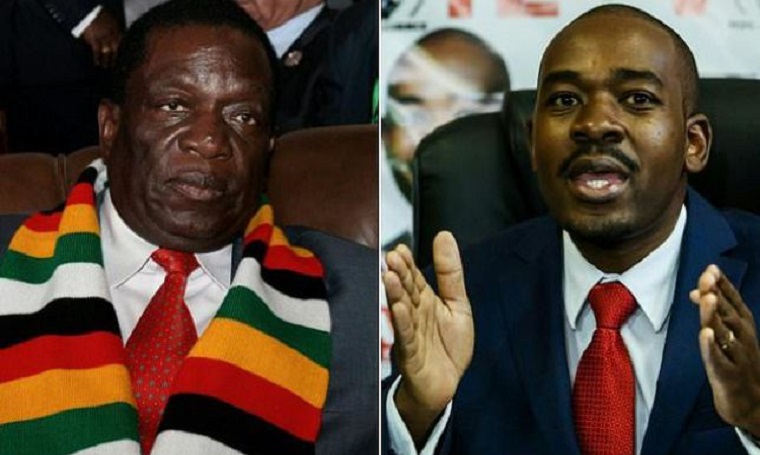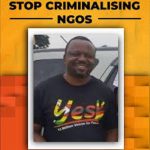The West’s lack of patience is compounded by Chamisa’s hostility towards the Mnangagwa government. The unofficial successor (a recent High Court ruling has invalidated Chamisa’s party leadership) of MDC founding party leader, Morgan Tsvangirai, who died last year of cancer, Chamisa has taken a disruptive stance following his election defeat, orchestrating violent protests, endorsing sanctions and rebuking conciliatory talks with Mnangagwa. Even Tsvangirai’s son Edwin urged the two political protagonists to negotiate in the national interest.
As the main opposition party to Robert Mugabe’s ZANU-PF, it was the MDC under Tsvangirai which had the ear of western politicians, while Mugabe isolated the country, turning it into a pariah state.
Unfortunately, the West’s main source of information continued to come from the MDC, even after Mugabe was deposed. However, Chamisa is not Tsvangirai and today, sadly, the West listens to the wrong voice.
Chamisa has employed the controversial populist tactics of African firebrands such as Julius Malema in South Africa and Kenya’s Raila Odinga, both of whom are expected to attend the MDC elective congress in Gweru this weekend. Prepare for aggressive rhetoric.
Meanwhile, Mnangagwa is taking constructive action. His cabinet approved the Freedom of Information bill, key legislation that will effectively repeal the existing Access to Information and Protection of Privacy Act (AIPPA) once ratified by parliament.
It is also revising the Public Order and Security Act (POSA), the controversial emergency law that was deployed during the protests and dates back to Mugabe’s era. It is expected to be replaced by the Maintenance of Peace and Order (MOPA) bill next month.
The repeal of both AIPPA and POSA are key demands by the United States to remove the long-standing sanctions against Zimbabwe.
The Mnangagwa government has also initiated the process of compensating white commercial farmers who have lost their land during Mugabe’s Land Reform Program nearly two decades ago, a contentious issue that soured relations with the West.
In late 2018, the World Bank said Zimbabwe “can easily become an upper middle-income country” in as little as 5 to 10 years. The World Bank’s vice president for Africa, Hafez Ghanem, told Bloomberg that the country has “huge potential” with “some of the most educated people on our continent” and abundant natural resources.
In order to unleash this potential, the West should pay more attention to the actions of the Mnangagwa administration rather than the hostile rhetoric of Chamisa.
It should not squander this opportunity for change and potentially trigger a return to hardline politics, but support Mnangagwa as he tackles national unity, a challenging economy and natural disasters among many other issues.
He deserves more time and goodwill to push through wide-ranging structural reforms, and a chance to prove Zimbabwe is genuinely embracing democratic values and principles.
By Martin Banks for International Policy Digest
(163 VIEWS)


